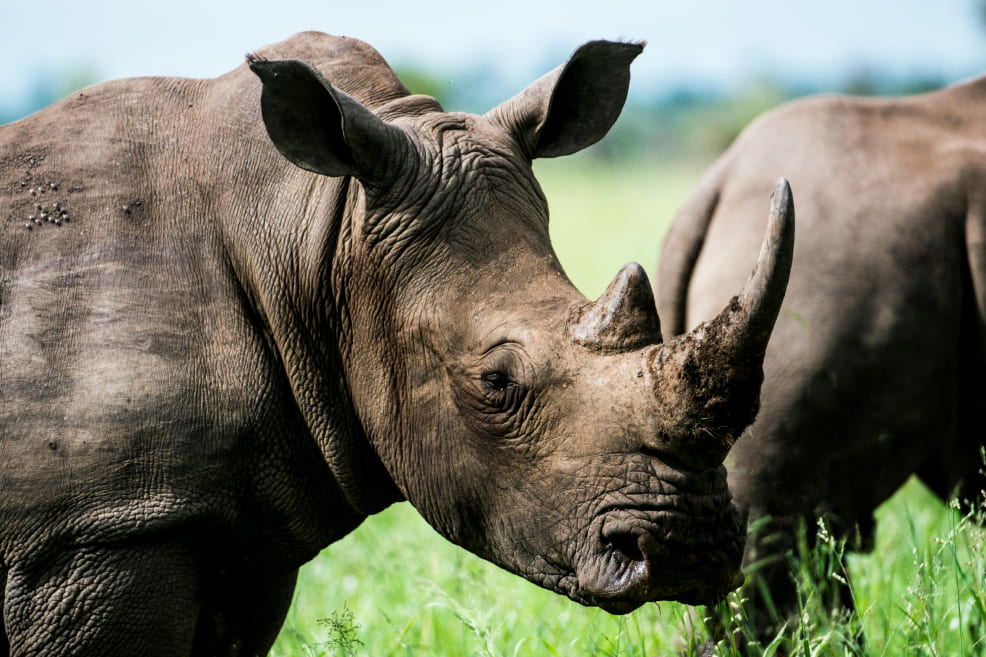
The Majestic Tiger: Apex Predator of the Jungle
Apex predators, often referred to as top predators, play a vital role in maintaining the health and stability of ecosystems. These species, which include lions, wolves, and sharks, are situated at the top of the food chain and exert a significant influence on the populations of other species in their habitats. This article explores the importance of apex predators, their ecological roles, and the threats they face.
Apex predators help regulate the populations of herbivores and smaller predators. By keeping herbivore populations in check, they prevent overgrazing and degradation of vegetation. For example, in Yellowstone National Park, the reintroduction of wolves helped control the elk population, which in turn allowed willow and aspen trees to thrive. This phenomenon, known as a trophic cascade, demonstrates how the presence of apex predators can restore ecological balance and promote biodiversity.
The presence of apex predators contributes to overall biodiversity. Healthy predator populations support a wide variety of species, as they create conditions that allow different plants and animals to coexist. By maintaining the balance of ecosystems, apex predators help ensure that other species have the resources they need to survive. The decline or extinction of apex predators can lead to a loss of biodiversity, negatively impacting entire ecosystems.
Despite their critical role in ecosystems, apex predators face numerous threats. Habitat destruction due to urbanization, agriculture, and logging has led to significant declines in predator populations. Additionally, hunting and poaching for sport or body parts have further endangered species like tigers and elephants. Climate change also poses a threat by altering habitats and food availability. As apex predators become increasingly vulnerable, it is crucial to implement conservation strategies that protect their habitats and ensure their survival.
Conservation efforts aimed at protecting apex predators are essential for maintaining healthy ecosystems. Initiatives such as creating protected areas, implementing anti-poaching laws, and promoting sustainable land use practices can help preserve these vital species. Educating the public about the importance of apex predators and advocating for their protection is also crucial. By recognizing the significance of these animals, we can work together to ensure their survival and the health of our planet's ecosystems.